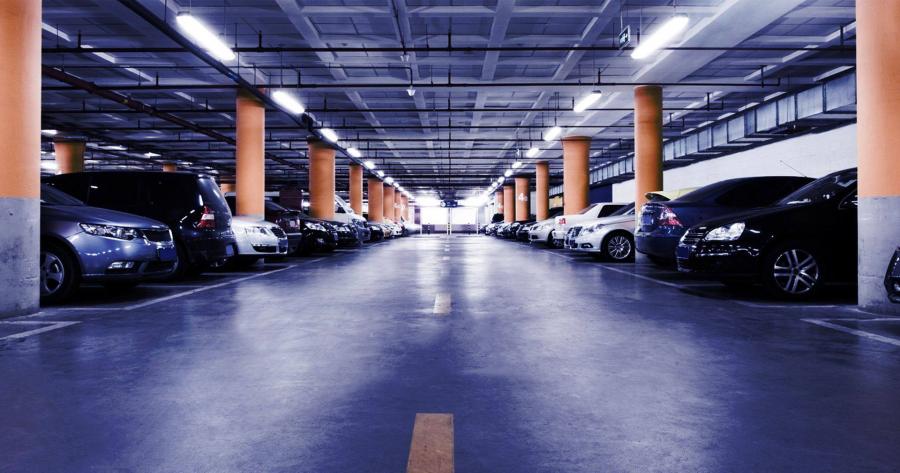
MAY 29, 2020 — The Supply Chain Transportation & Logistics Center is pleased to announce that parking magnate REEF Technology is the newest member of our Urban Freight Lab (UFL), an innovative public-private partnership working collaboratively across sectors to design and test improvements to the urban goods delivery system.
“We are very excited to welcome REEF as a new member and look forward to undertaking new projects with them,” said Andisheh Ranjbari, Urban Freight Lab manager.
Miami-based REEF is the largest operator of parking, logistics hubs, and neighborhood kitchens in the U.S., with more than 5,000 parking lots and garages across 500 cities. During the COVID-19 crisis, REEF, whose tagline is “the ecosystem that connects the world to your block” has shifted its network into testing sites and delivery hubs for essential goods and services.
“We are thrilled to join forces with the Urban Freight Lab at such an important time for the future of our cities,” said George Fallica, Chief Revenue Officer at REEF Technology. “The pandemic has put unforeseen strain on global supply chains, presenting both logistical challenges and opportunities for companies to reimagine more efficient and sustainable models of transit and delivery.”
As cities are looking for new ways to manage limited curb spaces, and companies are looking for innovative delivery methods, parking lots could be an option for testing new applications, such as micro-distribution hubs, charging stations for cargo delivery bikes, common carrier parcel lockers, ghost kitchens, and dark stores.
“Together with the Urban Freight Lab, REEF Technology will extend our innovative technology platform and expansive real estate portfolio to design and test new use cases for cities ranging from neighborhood kitchens, bike and scooter rental stations, micro fulfillment centers, rideshare and AV buffering zones as well as community spaces for pop-up businesses,” said Fallica.
“If by reallocating limited curb space we can provide more efficient and equitable supply to various users, imagine the significant impact that can be made by reallocating space in parking lots,” said Ranjbari. “It’s exciting to work with forward-thinking companies like REEF who see that potential.”
REEF joins 15 of the largest players in transportation and logistics – giants Expeditors International of Washington, Ford Motor Co., General Motors, Kroger, Michelin, Nordstrom, PepsiCo, UPS, and United States Postal Service, and startups CurbFLow, USPack, and Boeing HorizonX, and commercial real estate member association Building Owners and Managers Association (BOMA) – Seattle King County.
Read more:
About the Urban Freight Lab (UFL): An innovative public-private partnership housed at the Supply Chain Transportation & Logistics Center at the University of Washington, the Urban Freight Lab is a structured workgroup that brings together private industry with City transportation officials to design and test solutions around urban freight management. Since launching in December 2016, the UFL has completed an innovative suite of research projects on the Final 50 Feet of delivery, providing foundational data and proven strategies to help cities reduce truck dwell times in load/unload spaces, and failed first delivery attempts by carriers, which lowers congestion, emissions, and costs.
About REEF: REEF Technology is the ecosystem that connects the world to your block. By reimagining the role of parking facilities through technology-driven digital and physical platforms, REEF is harnessing the power of proximity to creating last-block mobility and logistical hubs that serve the needs of cities, residents and businesses. REEF is America’s largest network of parking, urban logistics hubs, and delivery-only kitchens with 5,000 locations and 17,000 employees across North America. REEF’s parking lots and garages are distributed across America’s cities and at America’s hospitals, airports, and large urban sports and entertainment centers.